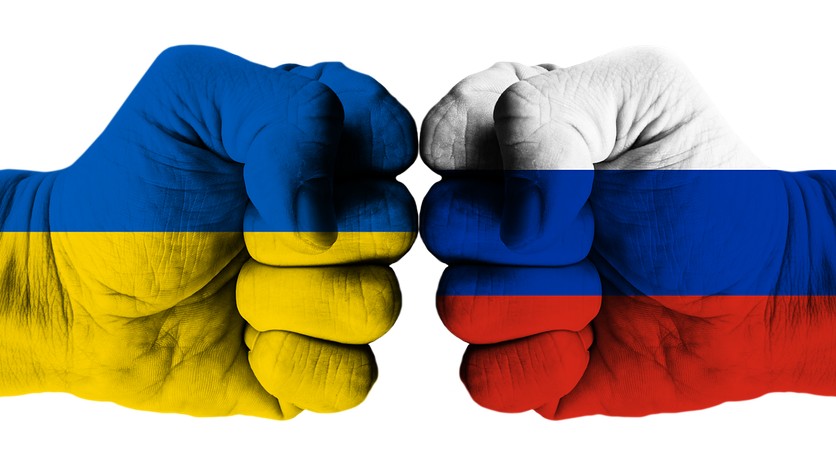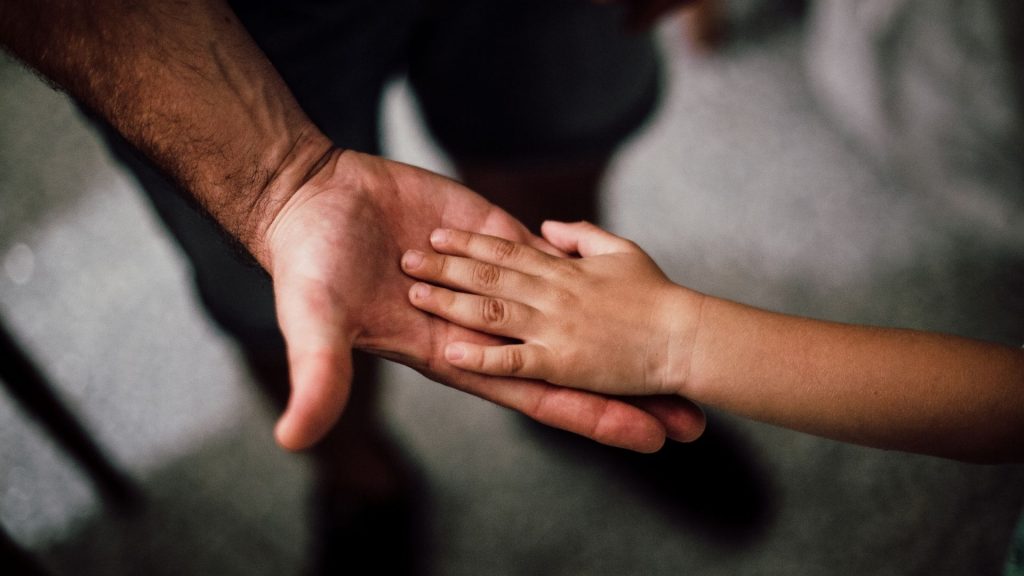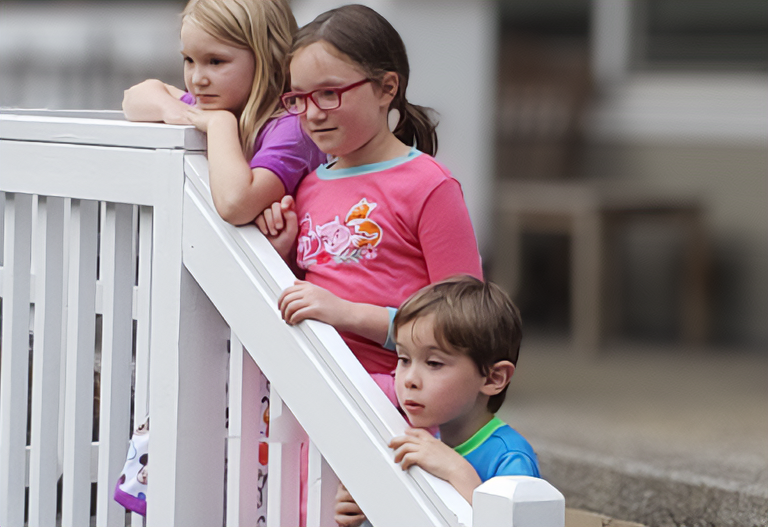How Teachers Are Educating Students About The Russia Ukraine War
Parents want to know how teachers are discussing the Russia-Ukraine war in classrooms.

Throughout much of the last century’s monumental events, parents and educators have had certain responsibilities in discussing historic news events with children. And in today’s world, with news being readily available at the fingertips of students, it is more important than ever for parents to have a better understanding of how teachers in school discuss heated world topics. And as war has broken out between Russia and Ukraine, many parents want to know how the battle is being discussed in schools.
Depending on the age group, most educators and parents agree that children are owed some type of opportunity to make sense of the world during times of war. To prove a need for such discussions, sophomore English teacher Ricardo Martinez points to recurring questions he receives from children regarding the Russian Ukraine war. Martinez, a teacher at Sotomayor Arts and Sciences Magnet in Glassell Park told the Los Angeles Times that students have questioned him on whether or not they will be drafted to war.
News reports on the Russia Ukraine war can be found everywhere. While later generations can remember a time when the news was only discussed on dedicated news channels, pictures from the frontlines now show up all across social media. Similarly, during an unprecedented era of misinformation being strewn throughout the internet, it’s more important than ever for parents and educators to discuss the current climate in Europe.

Martinez surveyed his students to find out what they thought about the Russian Ukraine crisis. Afterward, Martinez was able to figure out that his students wanted to know more about the North Atlantic Treaty Organization (NATO) if a great depression was looming, and if World War III was coming.
Martinez has been showing his students political cartoons for a better understanding of Russia’s history of the Soviet Union and what led up to the Russian Ukraine war. He also discusses current laws explaining how the United States does not currently have a draft after former President Nixon ended the law in 1973. He also, however, informed them of how that law could be reinstated.
Kathryn Greene, a teacher educating sophomores at Eleanor Roosevelt High School in Eastvale, California has been creating a timeline of the Russian Ukraine war’s events for her students. Greene has also felt a strong need to educate her students on what is going on during a time of heavy misinformation. “It is at a whole new level this year with social media. Students come in with 10 to 15 minutes’ worth of questions, and it’s everything from real, legitimate questions to conspiracy theories,” Greene told the LA Times.
Sari Beth Rosenberg has been a teacher for over two decades. Teaching US History at a public school in New York City, she explains how her biggest struggle is balancing students’ enthusiasm to learn about current events with the necessary content needed to prepare for end-of-the-year exams. In order to alleviate this struggle, Rosenberg told Chalkbeat that she compares the Russian Ukrain crisis with her class lessons on imperialism and world wars. Similarly, the war has brought other topics like NATO, refugees, and the rules of war into her classroom discussions.

While much of these discussions pertain to high school-aged students, educators of younger children are feeling a need to discuss the Russian Ukraine war as well. Educators should understand that the topic could be quite sensitive to some. According to data from the U.S. Census Bureau, there are over 1 million Ukrainians living throughout the county. Similarly, Monica Belton, a licensed social worker and certified trauma and resilience professional in the state of Michigan-that holds a high percentage of Ukrainian habitants- says that children and families of color may require specific consideration when talking about the current state of the war as it relates to them.
PBS recently reached out to teachers are parents across the nation to talk advice on how to address the issue via open dialogue conversations with kids at home and school. To start, they suggest thinking about one’s own experience and feelings to help younger children cope with what’s happening within the Russia- Ukraine war. Building off of this, parents and teachers should manage their own anxiety and fears first before having the discussion.
In addition to facts, teachers can also share coping strategies for dealing with students’ fears or anxiety surrounding the Russian Ukraine war. Another great coping mechanism can be found in showing students how they can help in war efforts. From online charities to nationwide vigils, rallies, marches, and prayer services, children of all ages can get involved.



